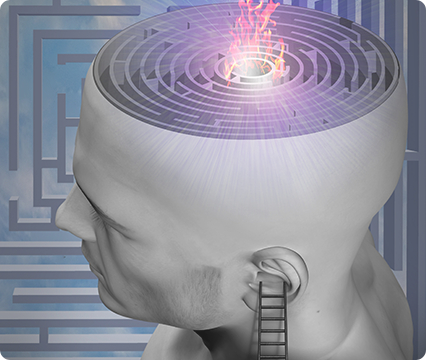Long-term consumption of green tea protects the mental health of middle-aged and older adult men by improving inflammation levels
This study investigates the relationship between long-term green tea consumption and its effects on depression, hormone levels, and brain structure in middle-aged and older adult men, a demographic known to be at increased risk for depression. A total of 280 volunteers were divided into a tea-drinking group and a control group. Key findings indicate that the tea-drinking group exhibited significantly lower body mass index (BMI) (p = 0.002), depression levels (p = 0.003), insomnia severity (p = 0.008), and systemic inflammation index (p = 0.009). Furthermore, testosterone levels were significantly higher in the tea-drinking group (p = 0.001). MRI data revealed that the gray matter (GM) volume in the right precuneus was significantly reduced in the control group compared to the tea-drinking group. Therefore, long-term green tea consumption is associated with reduced BMI, increased testosterone levels, decreased depression risk, and improved sleep quality, potentially delaying brain aging in this population. [NPID: elderly, green tea, mental health, inflammation, hormones, testosterone].
Year: 2025
 Navigation
Navigation








